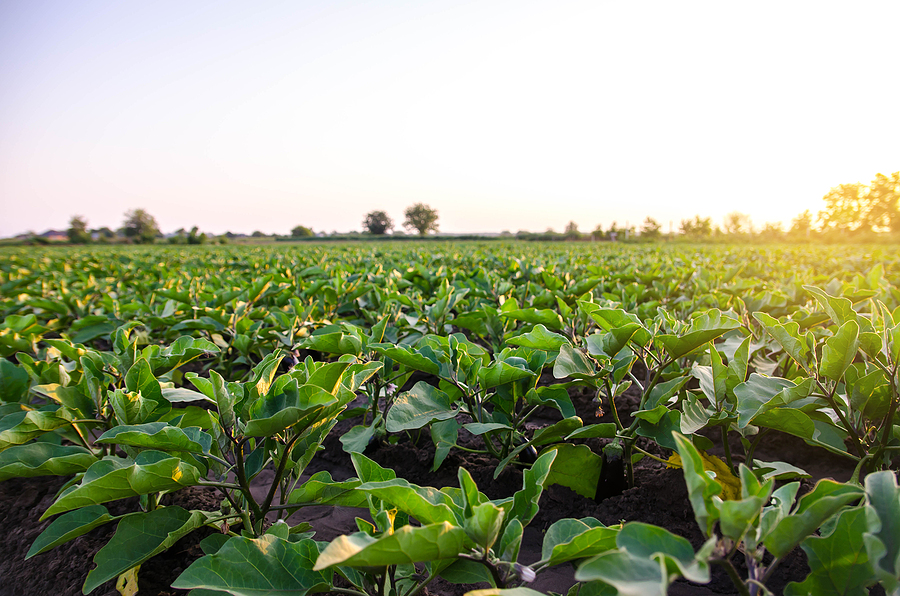By Patrice Sellès, CEO, Biotalys
Consider these two starkly contrasting realities: almost two billion people on the planet do not have access to safe, nutritious and sufficient food, while one in five children suffer from stunting due to malnutrition. Meanwhile, nearly one-third of the food produced on the planet is lost or wasted, translating to approximately $1 trillion dollars lost value annually.
Food waste is a major, and continuously growing, problem — one we can no longer ignore. If recent trends continue, the number of people affected by hunger will surpass 840 million by 2030, almost 10% of the global population. A sweeping transformation of our global food and farming system is needed to reverse this trend — one that begins with agricultural practices, then extends across the food value chain of production, processing, storage, export, distribution and household consumption.
Tackling food waste starts on the farm
The world’s current unsustainable agricultural practices not only lead to a massive food waste, but could also lead to the degradation of an estimated 95% of the world’s land by 2050. The science and data are therefore unequivocal on the need to shift back to nature to move forward in protecting our planet and feeding the 7.9 billion people who call it home.
Yet farmers and growers face a myriad of challenges in their path. Fluctuating markets and unpredictable weather due to climate change are tightening already razor-thin profit margins, while increasing regulatory requirements and consumer demands add even more strain to these high-pressure jobs. As a result, growing and harvesting has become a delicate balancing act for growers – protecting the yield and quality of their crops without compromising the health of their soils and the safety of their workers and families.
Tackling this massive challenge requires widespread collaboration and commitment to change across the agricultural sector. There certainly isn’t one silver bullet. However, advancements in new food protection solutions can play a significant role in reducing inefficiencies and food waste on the farm by borrowing from nature’s own tool box.
The promise of biologicals
Biological control, also known as biocontrol, is a method of controlling harmful plant pests, bacteria and disease pathogens by using naturally occurring organisms to harness their biological activity. One such example is a molecular science breakthrough generating protein-based biocontrols inspired by the immune systems of llamas, alpacas, and other Camelidae.
Research shows that when these new generation, readily biodegradable biocontrols are added into both pre- and post-harvest crop protection rotations, growers can more effectively fight pervasive pest resistance challenges, dramatically extend the shelf life of fresh fruits, vegetables and nuts, and ultimately, help to ensure more healthy, safe food reaches our plates — instead of winding up in a landfill.
This year, The Institute for European Environmental Policy (IEEP) think tank released the report “Exploring the benefits of biocontrol for sustainable agriculture,”highlighting three evidence-based ways biocontrol solutions can enable systemic change towards sustainable agriculture:
- Enhance biodiversity by lowering chemical input pressures, respecting non-targeted insects and organisms, and leaving no toxic residues.
- Improve overall soil quality and health by reducing the amount of chemicals reaching the soil and supporting soil microbes.
- Benefit the safety and health of consumers and workers by reducing the reliance on chemical pesticides that pose potential human health issues.
Protecting our future and our unique assets
IEEP report authors also pointed to broader macro benefits of biologicals on farm economics, climate change mitigation, and governance. Yet they cautioned that a widespread shift away from traditional pesticides to nature-based biocontrols isn’t just a tactical change. It also requires a broader, more holistic mindset, stating: “Rather than taking a linear approach to pest control, biocontrol techniques form part of a systemic approach of interactions on agricultural land, integrating understanding and observations of fragile ecosystems.”
Our children and future generations deserve a better world. We need continued innovation leveraging our growing understanding of nature’s outstanding mechanisms, coupled with collaborative convergence of technical and scientific approaches, to produce our food more sustainably, reduce crop loss across the entire food value chain, and minimize our reliance on chemical pesticides.
Nature-based agricultural practices that incorporate biocontrol solutions are part of the solution to reversing the global food waste crisis, and directly address various Sustainable Development Goals set by the United Nations, such as Zero Hunger (SDG 2), Responsible Consumption and Production (SDG 12), and Life on Land (SDG 15). To reach these goals by 2030, we must start the work now.
